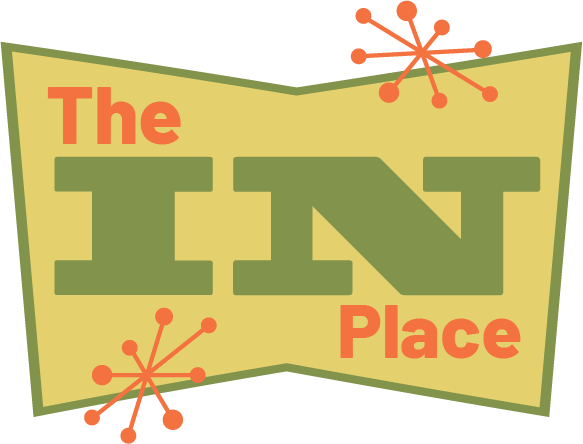Anxiety is a crazy thing. I find it fascinating how it interacts with ADHD. In just the right amount, anxiety can compensate for some aspects of ADHD. But it’s a delicate dance trying to maintain just that right amount. Not enough anxiety means not enough urgency which might mean not getting things done. Too much urgency or too much to do can lead to being overwhelmed and freaking out. That will usually result in avoidance behavior, freezing or maybe even trigger a greater depression.
A lot of people come to me having somewhat managed their ADHD accidentally through anxiety for many years. Ultimately, it is a brutal way to live and it’s not sustainable indefinitely. Eventually the things that we’re not getting to pile up and feed that anxiety. I would encourage you to think about how you manage the things in your life that don’t have urgency attached to them, or at least don’t have an urgency attached to them yet. If, upon reflection, you’re not really getting anything done unless it’s with your back against the wall, I would suggest that that’s an area to work on.
Of course, the first step is realizing that you’re still using anxiety to get your work done. But where to go from there? I’m not sure I have the world’s best answer. But I’m writing this because I wanted to share some of the things that I’ve noticed in my practice over the last several years. As always,, disclaimer, I am an ADHD coach. I am not a doctor. However, between personal, family, and client experience, I am not uneducated in the ways of depression and anxiety as well. There are definitely other possibilities. But most often, when I am working with someone who is struggling to execute in their daily life or in their work life, I asked the question why? Particularly take note of what is getting done and why. Because nobody is 0% successful. Often this leads to the conclusion that panic/urgency/anxiety is the driving force for what does get done. That’s the point where we need to go a little deeper and figure what’s underneath that
So, option one, since I’m an ADHD coach and people are generally coming to me to help manage their ADHD, is to see how well their ADHD is managed. Does the person have the behavioral habits/skills to be affective without that last-minute panic? Is it possible they need to have a conversation with their doctor because they’re not medicated well enough or for enough hours in the day? If ADHD behavioral intervention and ADHD pharmacological intervention either aren’t needed or don’t seem to make any difference, the next place I look is depression or anxiety. This post is obviously about anxiety. So let’s stick with that.
Even though anxiety can be an advantage in someways, it can be unhelpful at the same time. Here’s how. We may be anxious about doing something and avoid it. We will persist in this behavior until the anxiety of not getting it done increases and exceeds the anxiety of how much it’s going to suck to do it. Pretty simple equation. But, this makes for a very stressful lifestyle and it doesn’t address anything that is important but never rises to the freak out level of urgency. And that’s what I will talk about next time.
